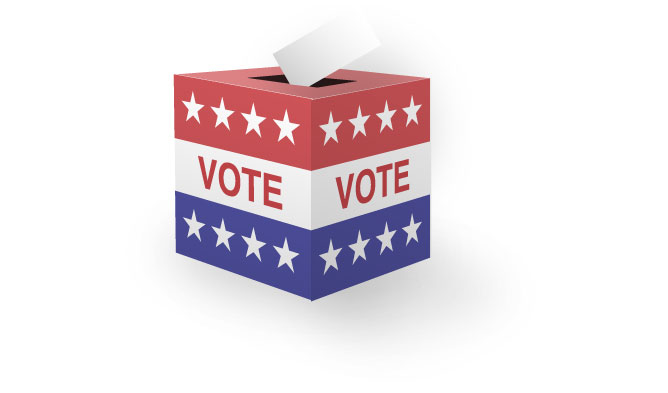PhraseMix Articles
How to describe a funny person in English (Part 1)

How do you describe someone who's funny in English? Of course you can say something like:
She's funny.
He's hilarious.
But there lots of different ways that a person can be funny. They may tell funny stories, act silly, say odd things, tell jokes that they've heard, etc. So how do you...
The reason that PhraseMix works
What is PhraseMix about?
Whenever I meet someone new and introduce myself, I have to explain what PhraseMix is. To be honest, it's always a little bit difficult. I say something like this:
I run a website for people who are learning English as a second language. I write lessons each day and post...
Why do you use "them" to talk about just one person?
I've made a choice in how I write explanations in PhraseMix which is a little controversial. Sometimes PhraseMix readers ask me about it, like this question:
This subject ("You've made plans to visit a friend that you haven't seen for a while. You tell them:") says "You tell them"....
Working at an English-speaking company is easier than you think!
Do you ever wonder what it would be like to work in a company where everyone spoke English? Do you imagine that you'd need to reach a really high level of English fluency to do that?
The truth is, you're probably closer than you think!
This week, I was talking with a friend who started...
English phrases for describing elections

How can you describe what happens in an election in English? Here are some phrases to help you talk about them.
People cast their votes for their preferred candidates in an election. Most candidates belong to a political party. In the United States, the two main parties are the Republican...
What's the difference between "problem", "trouble", and "issue"?
The words "problem", "trouble", and "issue" are very close in meaning. What's the difference bewtween them? The answer is quite complicated, actually! Let's look at the meaning of each word and some of the ways that they're used:
The meanings of "problem", "trouble", and...
The hard parts of understanding English conversation

This week, I met up with the blogger Adir Ferreira from Transparent Language Brazil. He was on his first trip to the U.S. and came to New York for a few days.
In our conversation, Adir mentioned that this was his first immersion experience in English. Although he had studied English for...
How sure should I be when I say 'I believe ~'?
A reader emailed me this question:
Can you help me with "I believe" please? – which I'm sure suggests that "I'm not entirely sure about what I'm going to say", but at the same time, is it based on my knowledge or experience.
When I say "I believe...
The three types of language learner
Yesterday, I shared a theory of mine that people learn English for a few reasons:
- to get a job
- to get into school
- to make friends or relationships
- to travel
- because they like the feeling of accomplishment
As I started to think about it a little bit more, I realized that it's even more basic...
How do you use 'can' and 'could' correctly?
A PhraseMix reader asked this:
Please tell me which verbs can be used with "could"? In the present past as well as future...?
"Can" and "Could" are tricky because you can use them for a few different purposes, and the rules are different for each version.
"Can" and "Could" for ability
You can...



Follow PhraseMix